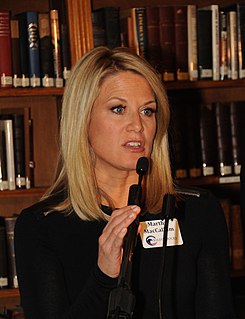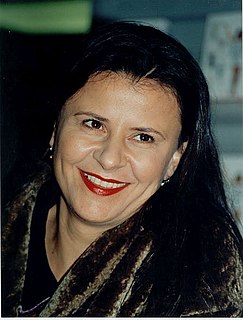A Quote by Linda Colley
For a very long time, loyalists were often left out of patriotic American histories of the revolution. Or they were caricatured as upper-class Tory reactionaries, or - rather like the Jacobites - made the subject only of nostalgic antiquarianism.
Related Quotes
Which class is happiest, the rich, the middle class or the poor? A very successful executive of a large organization touches upon this vital subject in a long letter to all his salesmen. He uses as his text a passage from Robinson Crusoe which included this: ""My Father bid me observe it, and I should always find that the calamities of life were shared among the upper and lower part of mankind; but that the middle station had the fewest disasters, and were not exposed to so many vicissitudes as the higher or lower part of mankind.
If you were a successful upper-middle-class Negro girl in the 1950s and '60s, you were, in practice and imagination, a white Protestant upper middle-class girl. Young, good-looking white women were the most desirable creatures in the world. It was hard not to want to imitate them; it was highly toxic, too, as we would learn.
Many of us are returning from a long journey during which we were forced to search for things that were of no interest to us. Now we realize that they were false. But this return cannot be made without pain, because we have been away for a long time and feel that we are strangers in out own land. It will take some time to find the friends who also left, and the places where our roots and treasures lie. But this will happen.
So far as Chairman Mao's own hopes were concerned, he initiated the "Cultural Revolution" in order to avert the restoration of capitalism, but he had made an erroneous assessment of China's actual situation. In the first place, the targets of the revolution were wrongly defined, which led to the effort to ferret out "capitalist roaders in power in the Party". Blows were dealt at leading cadres at all levels who had made contributions to the revolution and had practical experience, including Comrade Liu Shaoqi.







































